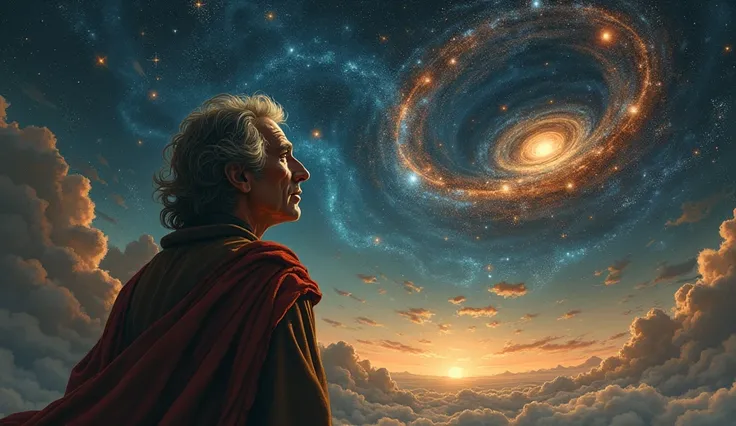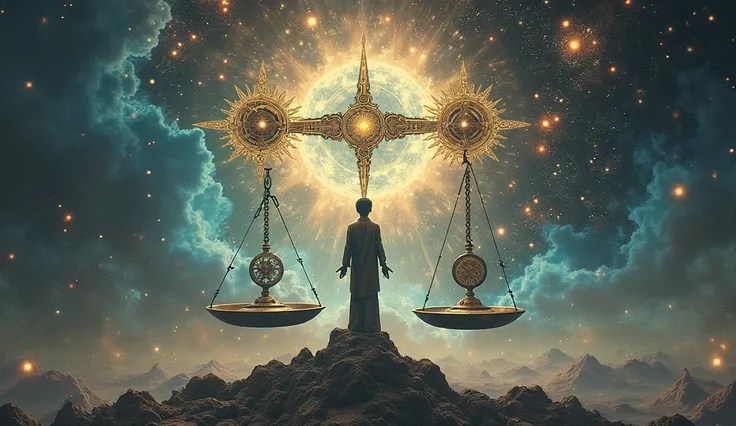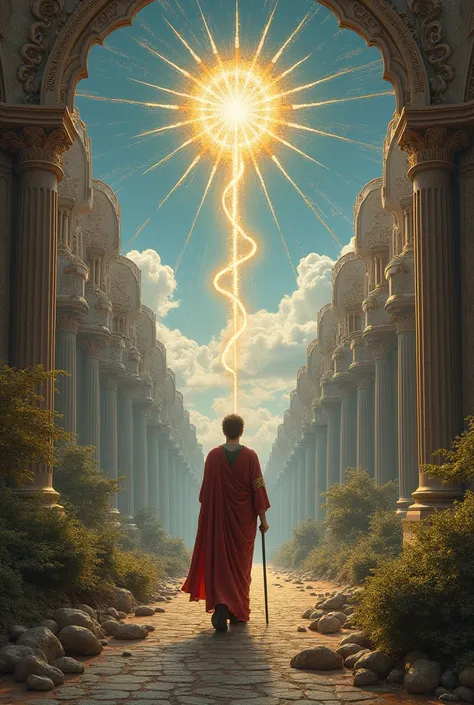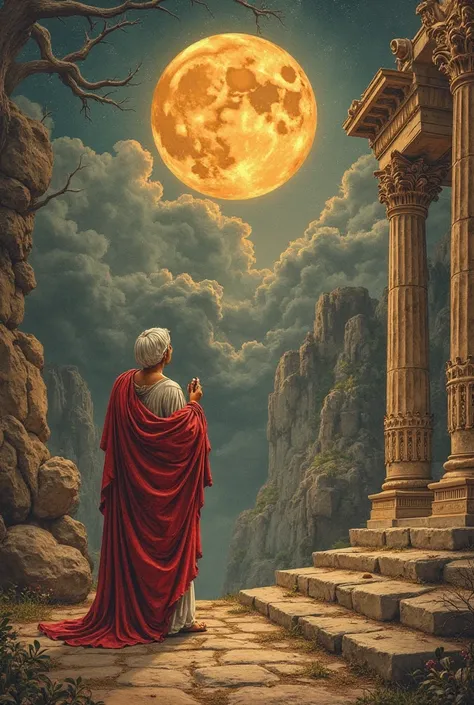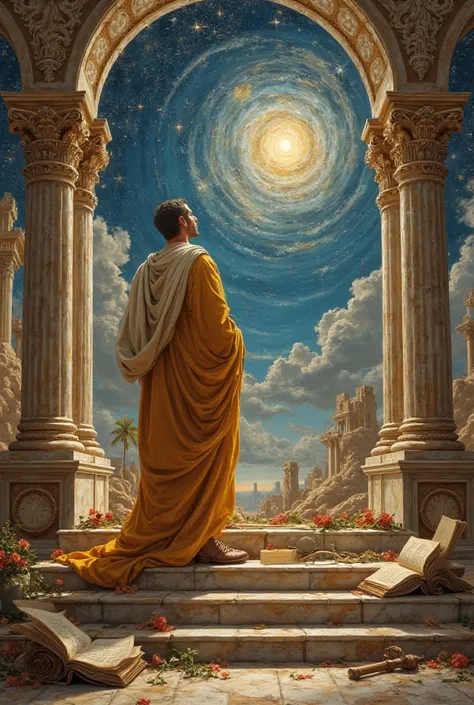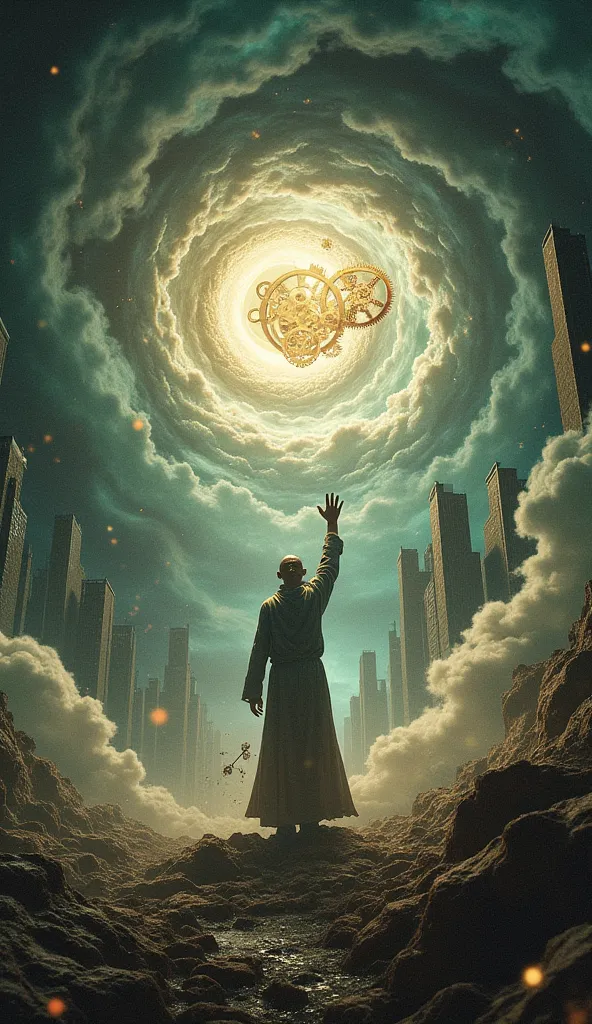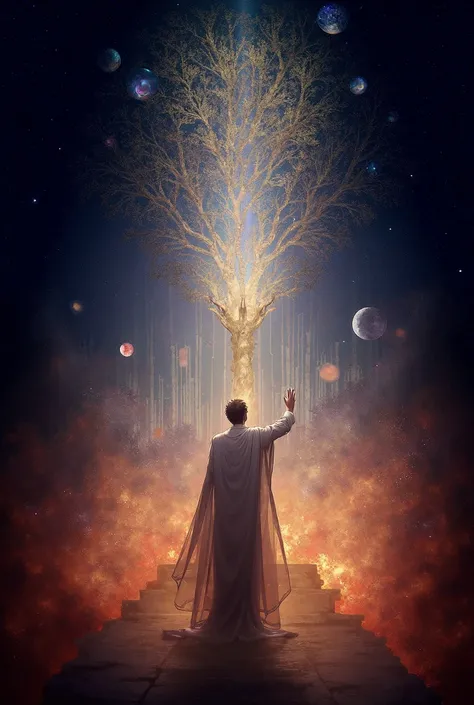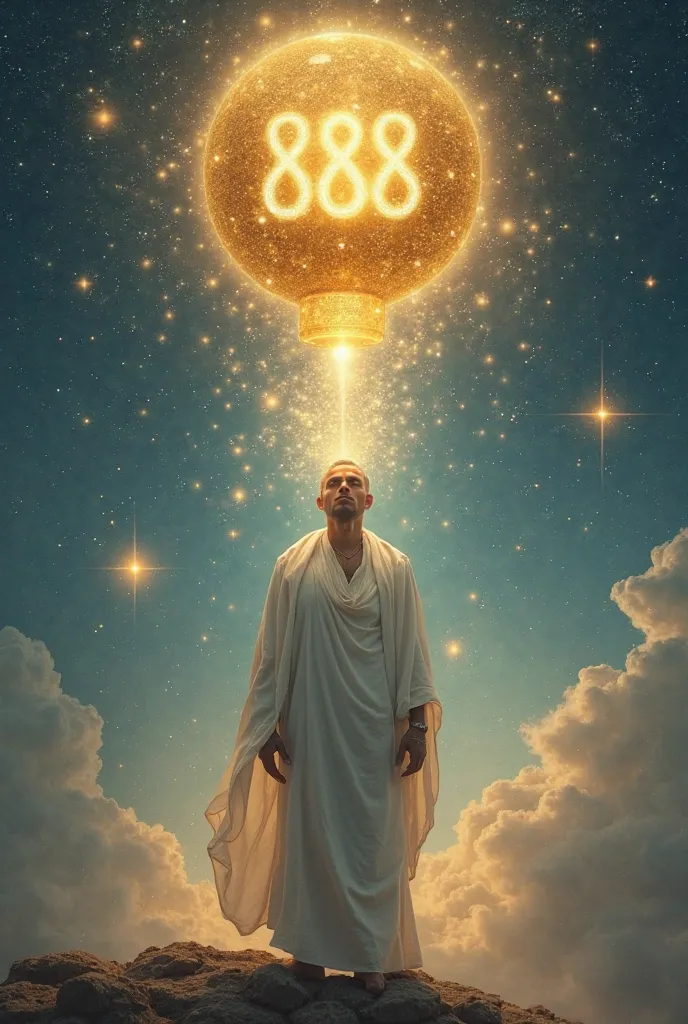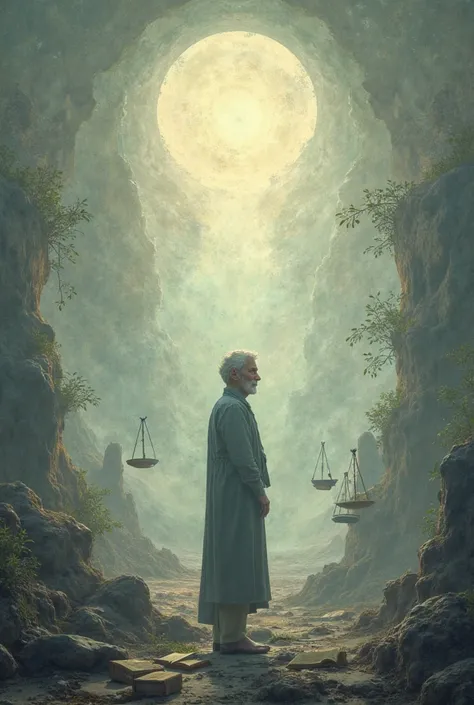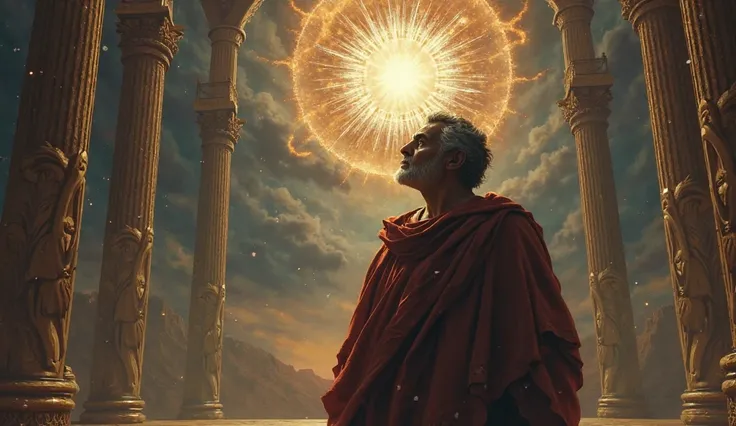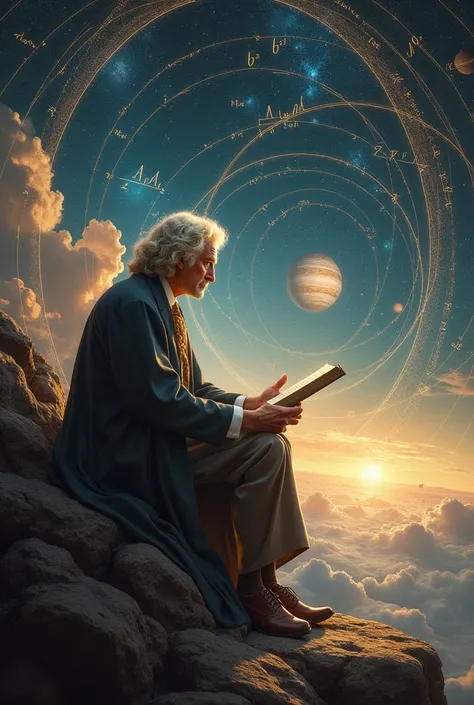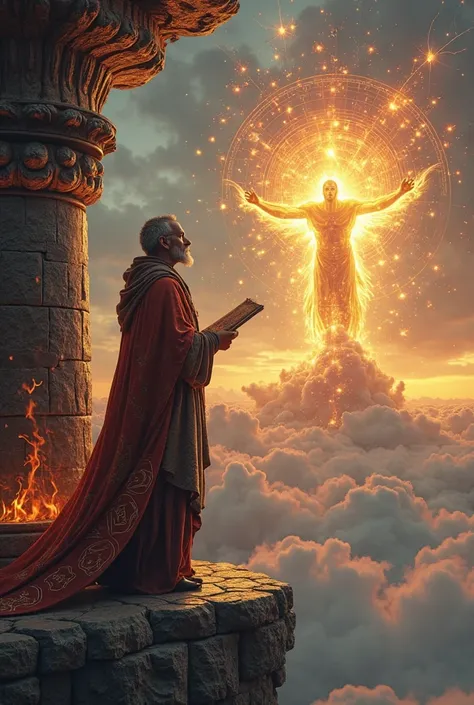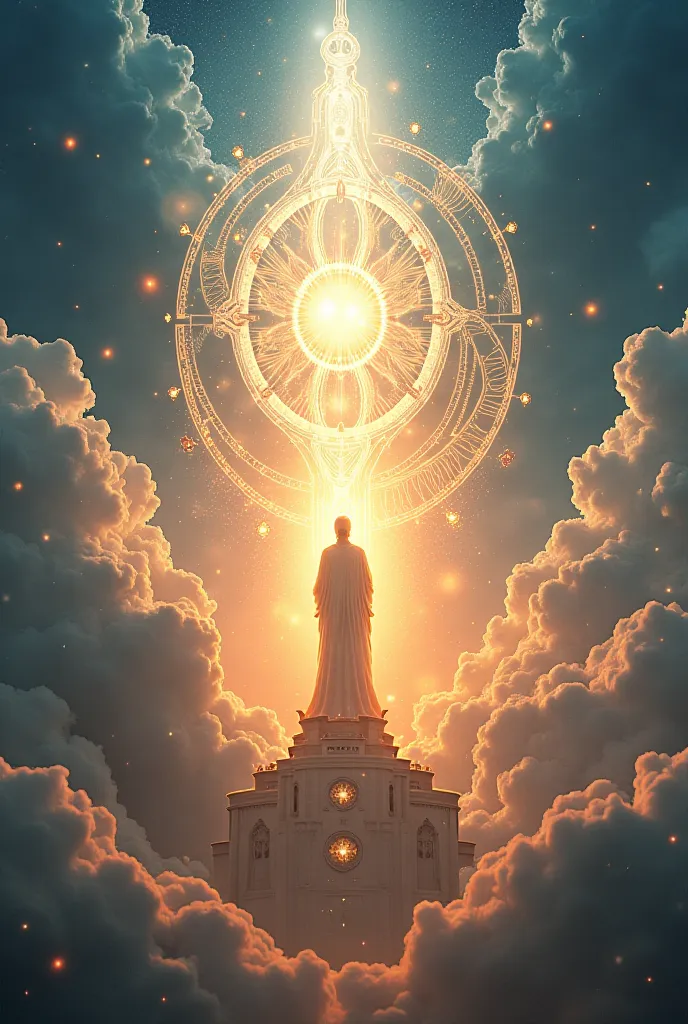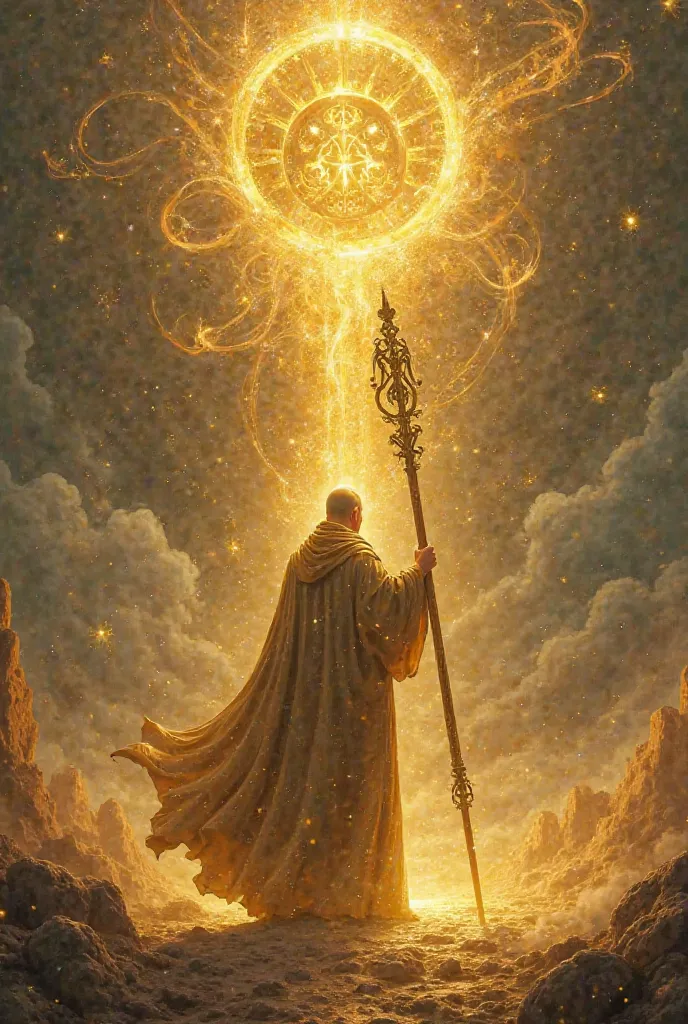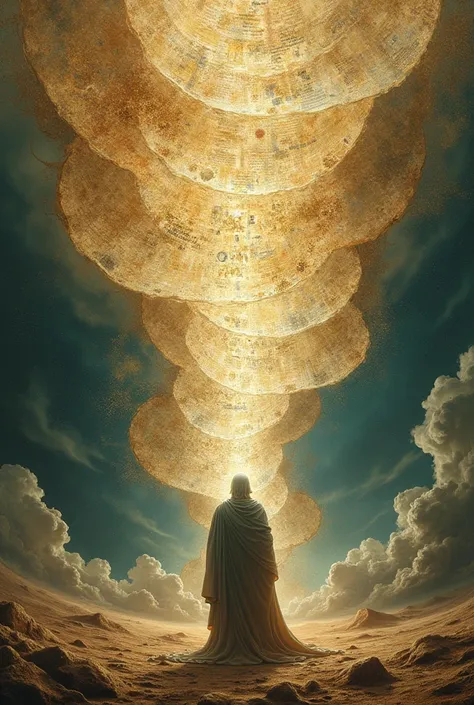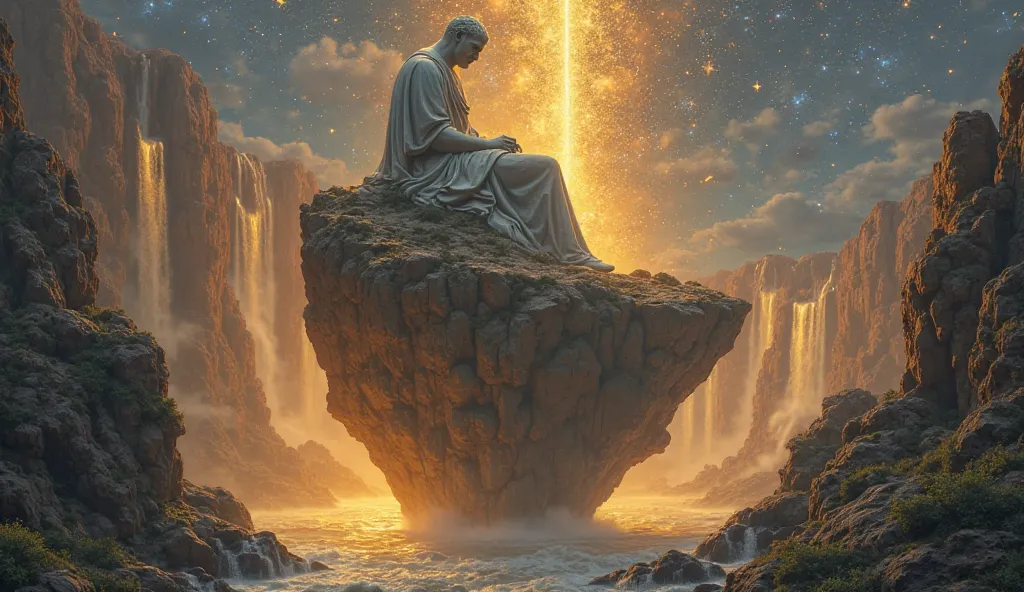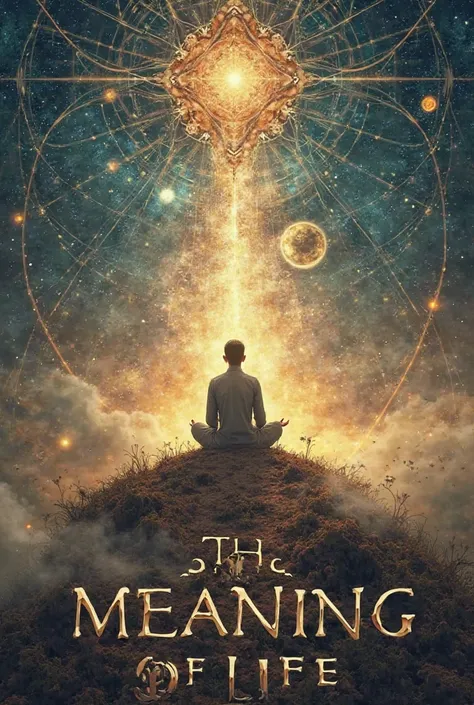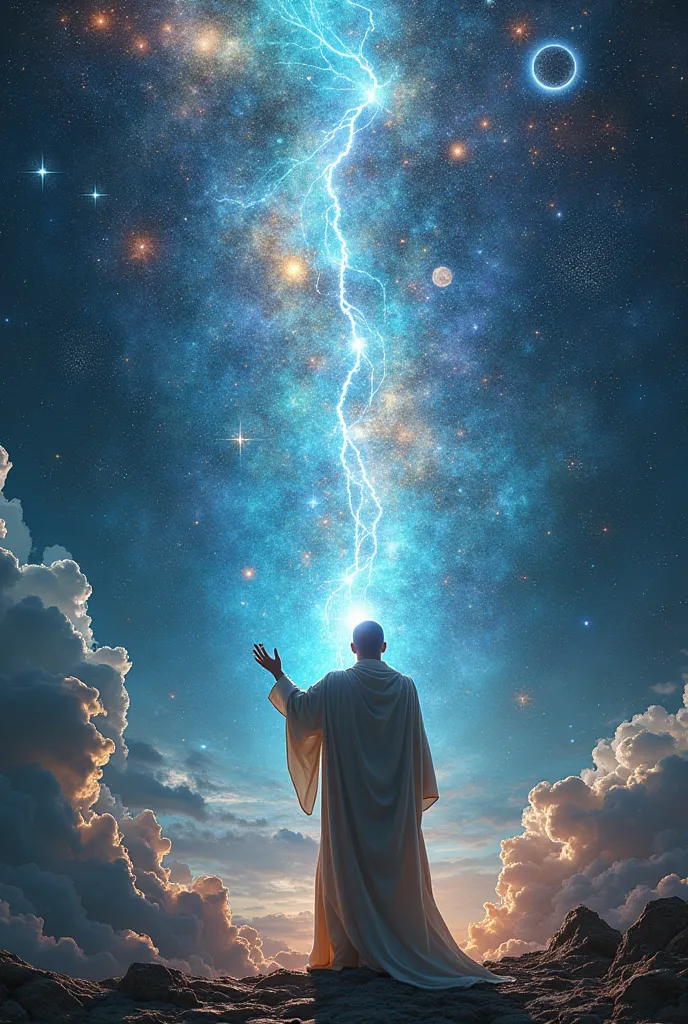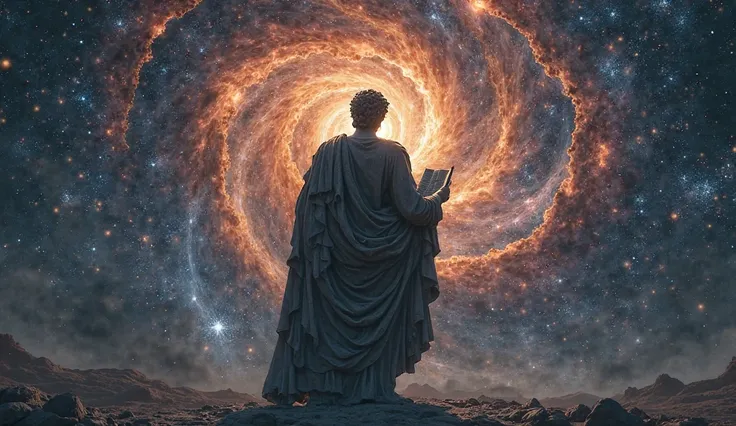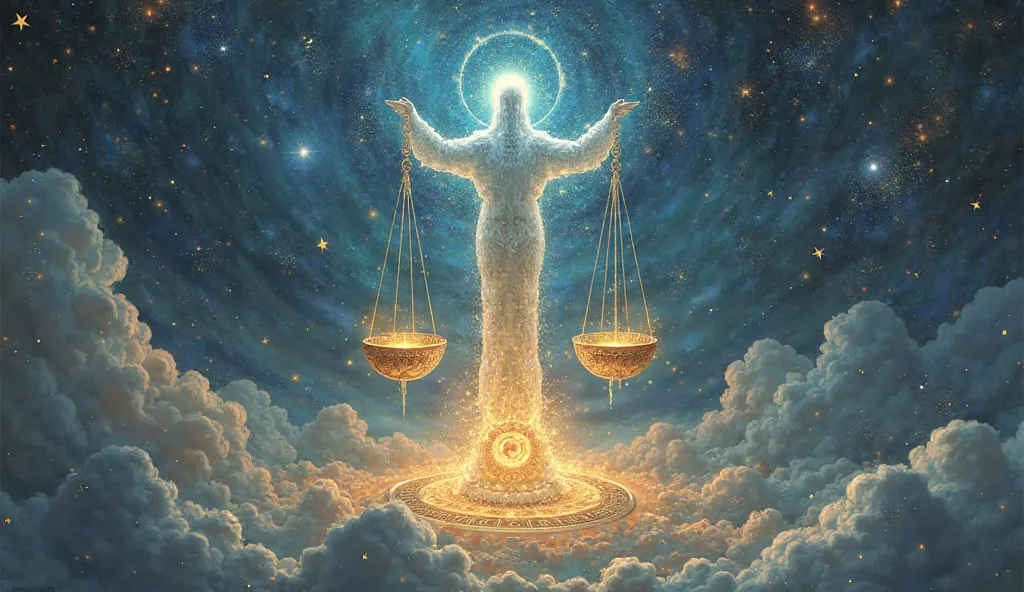Make me an poster or digital art about this John Locke-Personal identity is made
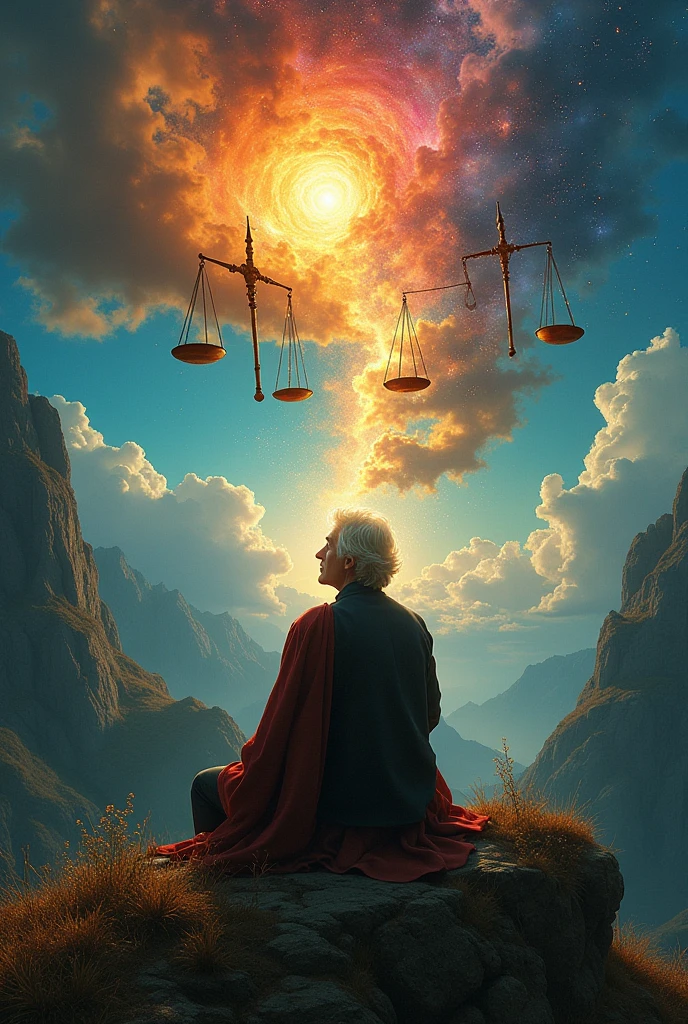
Make me an poster or digital art about this John Locke-Personal identity is made possible by self-consciousness Locke believed that knowledge results from ideas produced a posteriori or by objects that were experienced. The process involves two forms: 1. Sensation-objects are experienced through the senses 2. Reflection-mind looks' at the objects that were experienced to discover relationships that may exist between them. Locke contended that ideas are not innate but rather the mind at birth is a tabula rasa (blank slate or blank sheet of paper that we fill up our experiences). Locke stated that "nothing exists in the mind that was not first in the senses." What the senses have experienced are simple ideas which are the raw materials from which knowledge begins. Ideas can also be the result of reflection which demonstrates the power of thinking and volition or will. Through these mental powers, simple ideas are repeated and compared to became complex ideas. Locke's View of Human Nature Morality has something to do with choosing or willing to do good. Moral good depends on conformity or non-conformity of a person's behavior towards some law: 1. Law of Opinion where actions that are praiseworthy are called virtues and those that are not are called vice. 2. Civil Law - where right actions are enforced by people in authority like courts and police. 3. Divine Law - set by God on the actions of man. This is deemed to be the true law for human behavior. The divine law is eternally true and the one law that man should always follow
Generation Data
Records
Prompts
Copy
Make me an poster or digital art about this John Locke-Personal identity is made possible by self-consciousness
Locke believed that knowledge results from ideas produced a posteriori or by objects that were experienced
.
The process involves two forms:
1
.
Sensation-objects are experienced through the senses
2
.
Reflection-mind looks' at the objects that were experienced to discover relationships that may exist between them
.
Locke contended that ideas are not innate but rather the mind at birth is a tabula rasa (blank slate or blank sheet of paper that we fill up our experiences)
.
Locke stated that "nothing exists in the mind that was not first in the senses
.
" What the senses have experienced are simple ideas which are the raw materials from which knowledge begins
.
Ideas can also be the result of reflection which demonstrates the power of thinking and volition or will
.
Through these mental powers
,
simple ideas are repeated and compared to became complex ideas
.
Locke's View of Human Nature
Morality has something to do with choosing or willing to do good
.
Moral good depends on conformity or non-conformity of a person's behavior towards some law:
1
.
Law of Opinion where actions that are praiseworthy are called virtues and those that are not are called vice
.
2
.
Civil Law - where right actions are enforced by people in authority like courts and police
.
3
.
Divine Law - set by God on the actions of man
.
This is deemed to be the true law for human behavior
.
The divine law is eternally true and the one law that man should always follow
INFO
Checkpoint & LoRA

Checkpoint
SeaArt Infinity
#Landscape
#SeaArt Infinity
0 comment
0
4
0















